What Is Web3 and Why Should I Care?
An overview of what to expect in the next phase of the internet.
You might have heard of Web3—it's certainly been a hot buzzword lately—but what is it, really?
Web3 is a trendy name for the next phase of the internet that is focused on decentralization. That means that there is no central authority controlling it. Instead, it is controlled by a network of computers all around the world.
So what does that mean for you? Why should you care?
Well, it means that you can use the web without having to worry about being tracked or censored by a central authority. Instead of relying on big companies like Google and Facebook to store your data, Web3 allows you to do it yourself. It opens up incredible opportunities for increased transparency, security, and even creativity. Sounds great, right?
That said, it’s not all glitter and rainbows. The current hype around Web3 has attracted scammers, con-artists, and general slimy people who are looking to profit. Because there is no central authority, it's harder to stop bad actors from doing nefarious deeds.
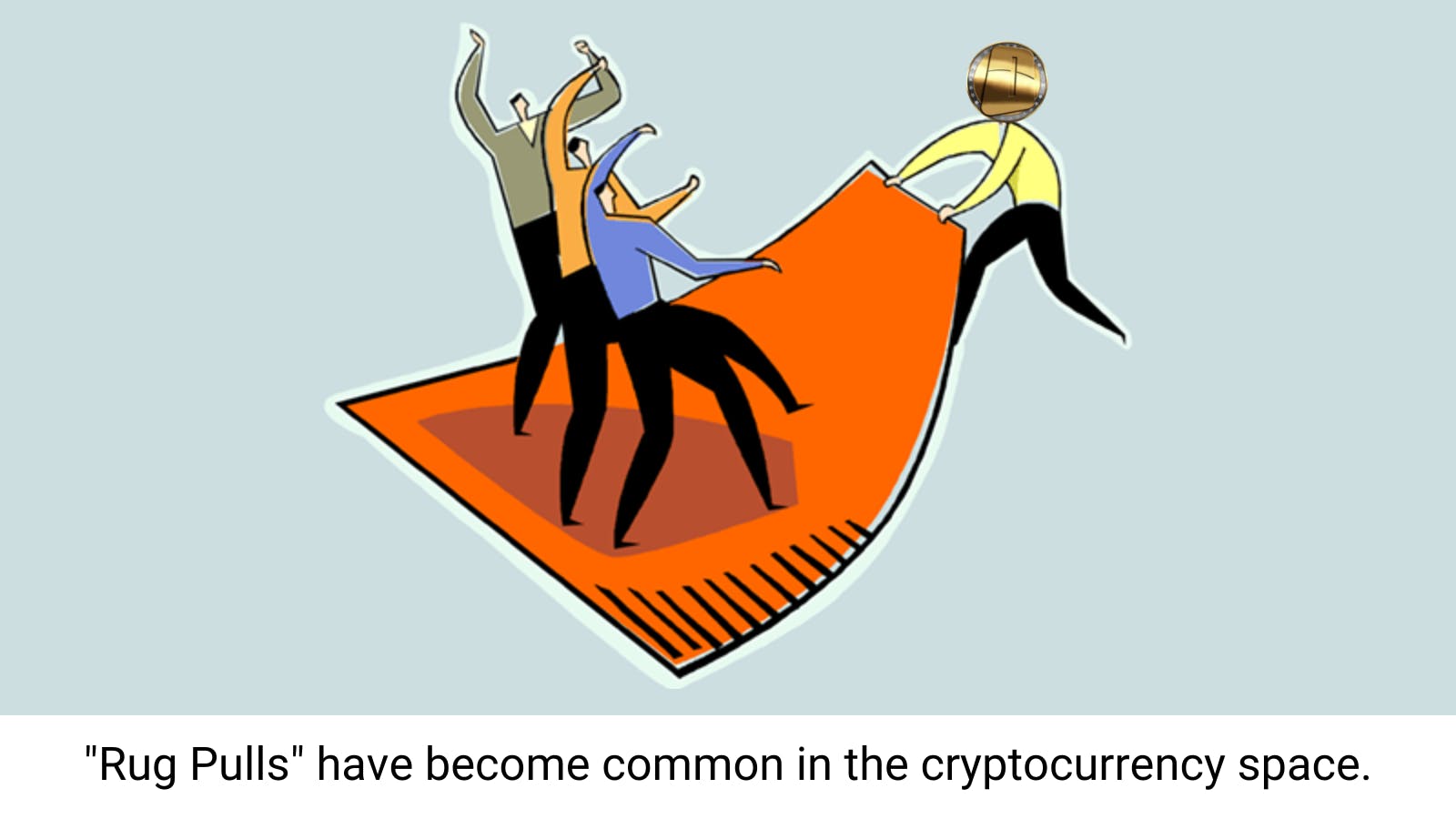
Another problem is Web3 is still in its early stages, and most of the applications are relatively complicated and difficult to use. Even if you're a "tech-savvy" person, it can be hard to figure out how to set up a Web3 wallet or use a decentralized exchange. This, as well with a general lack of understanding among average internet users, has slowed the transition.
I don't claim to know everything about Web3, but here are some of the ways I think it will change how we use the internet.
Read, Write, Own
The first iteration of the web, Web 1.0, was mostly read-only. You could read articles, but you couldn't interact with them. The websites of the early web consisted of static pages and could not be altered by the user.
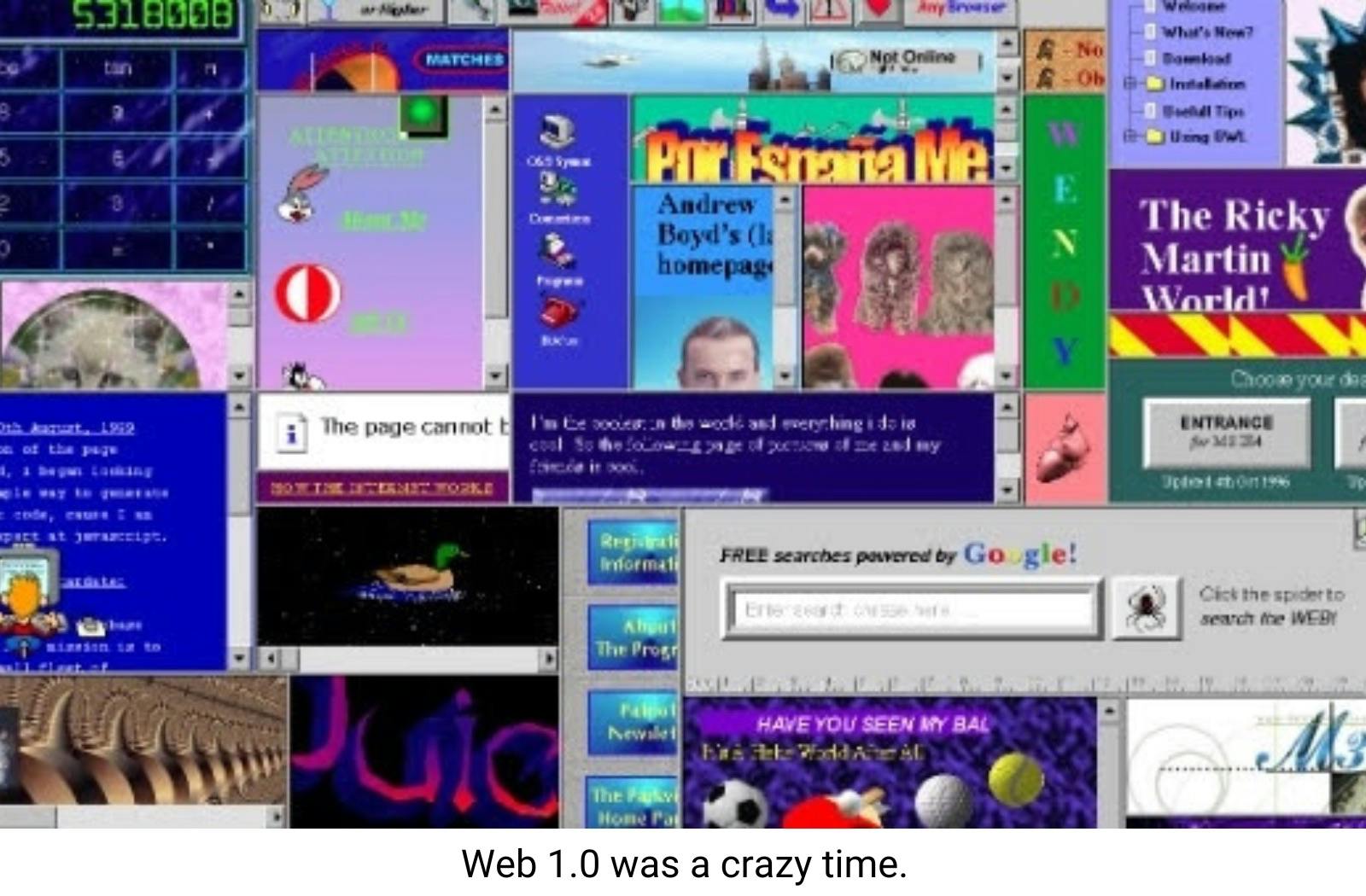
Web 2.0 changed that by allowing users to interact with each other, through comments, reactions, and shares. It introduced innovative ways for people to stay connected through social media. But even on Web 2.0, we don't own our data. We don't own our identities. We don't own the platforms we use on a daily basis.
But now we’re in the early age of Web 3.0, and things are going to get even more exciting. In Web3, you can not only read and write, but you can also own your own data. That’s a huge step forward for the internet, and it’s one that we’re just starting to see the benefits of. It's a web where we own our data and identities. We own the platforms we use. We're in control.
Better Transactions
One of the most important aspects of Web3 is the ability to transact money directly on the web. There is no need for banks or PayPal or any other third party. We can send money directly to each other, without a middleman selling our personal information.
Here are some reasons you might want to use Web3 for financial transactions:
It's fast.
Transactions happen in real-time, without having to wait for days or even weeks for everything to go through a bank or payment processor.
It's convenient.
You can send and receive money from anywhere in the world, as long as you have an internet connection.
It's secure.
Using blockchain technology, you can be sure that your money is safe and secure.
It's private.
By using cryptocurrencies like Bitcoin or Ethereum, you can make transactions from one wallet to another without having to give your personal information to anyone.
Own Your Identity
Currently, identity on the internet is controlled by a handful of social media companies like Facebook or Twitter. These companies are proprietary and closed-source applications.
An important aspect of Web3 is the ability to have a secure identity that's completely separate. Wouldn't it be great if we could log in to websites and applications without having to remember a slew of different usernames and passwords? With Web3 we can prove who we are without having to give away all of our personal information.
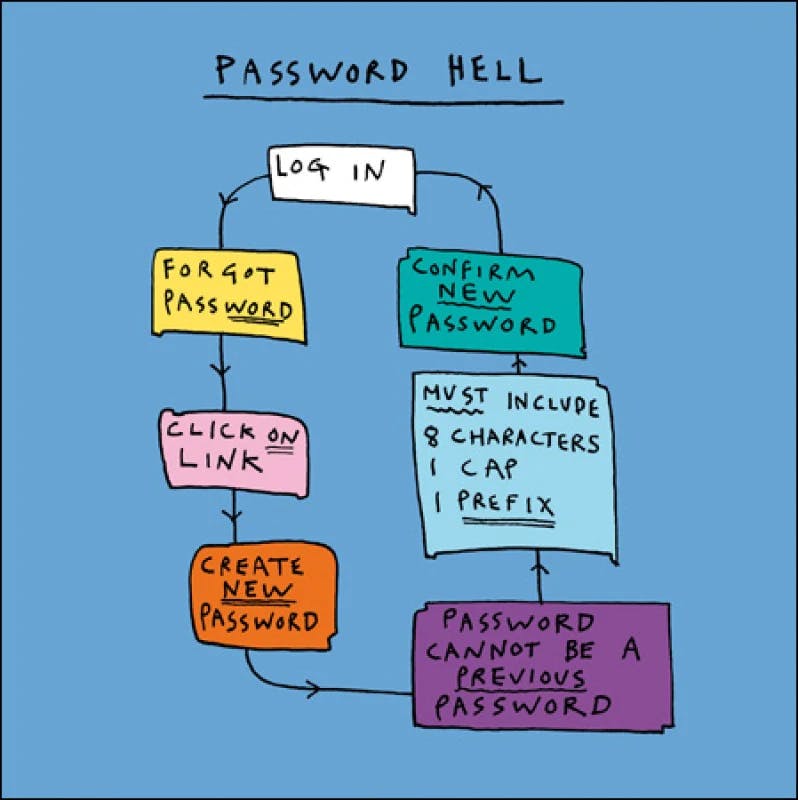
With the development of Web3 technologies, we are seeing a new wave of public and decentralized identity applications emerge. These applications are based on blockchain technology and allow users to have full control over their data.
Most of these identity applications are still in their early stages, but they hold a lot of promise. They provide a long overdue alternative to the monopolized platforms of Web 2.0. In the long run, they could help to create a more secure and private internet for everyone.
Join the Rebellion
Web3 is the collective internet's reaction to the way social networks have been mishandling our data. We're tired of our data being sold to the highest bidder. We're done with our data being used to manipulate our opinions. We're sick of social networks censoring content if it doesn't align with their corporate interests.
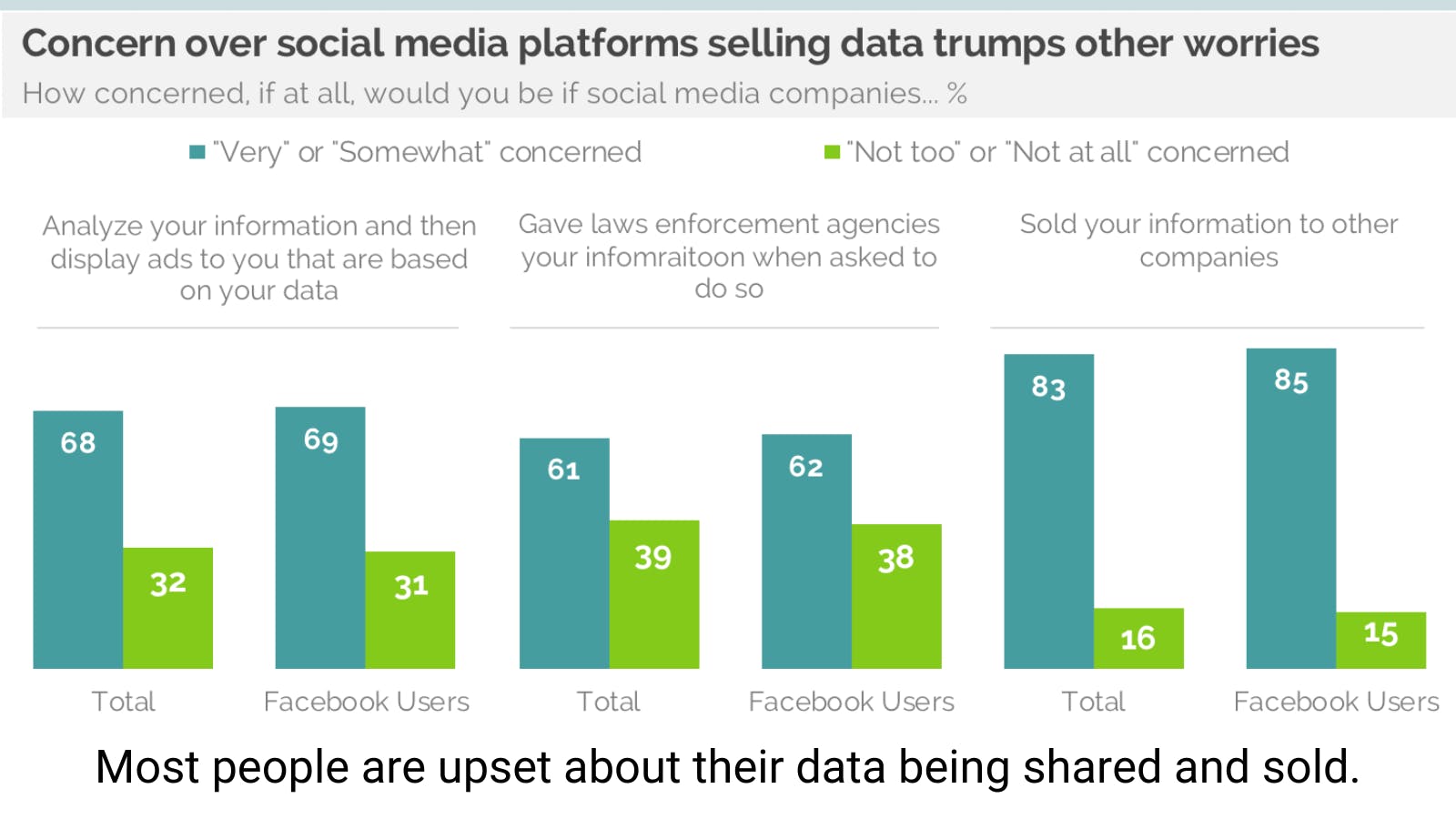
Having your data stolen and used without your permission is dehumanizing, and Web3 objectives make it clear that our time being treated like products instead of people is coming to an end.
Web3 allows us to build social networks that are secure, decentralized, and censorship-resistant.
A New Era for Artists
It's pretty well understood that we need better ways for artists and creators to own and sell their work. Within Web3, not only will they be able to own everything they create, but they'll be able to own the platform itself.
This is a game changer for the creative industry. For too long, artists have been at the mercy of platform owners. They've had to put up with these platforms taking a cut of their sales, robbing them of their intellectual property, or censoring their work.
The third phase of the web promises to make life easier for creatives by providing better opportunities for them to connect with their fans and followers. By providing a decentralized platform for content creation and distribution, it will be easier for artists to reach a wider audience and connect with their fans on a more personal level.
In addition, the use of smart contracts will allow creators to automate many of the tasks associated with content creation, including licensing, royalty payments, and distribution. This will free up artists to focus on creating their art, rather than on stressful business dealings.
NFTs, or non-fungible tokens could also benefit creative industries by providing a way for creators to monetize their work in a new and innovative way. NFTs could also help to create a more sustainable and efficient marketplace for creative works, by eliminating the need for intermediaries and middlemen. Additionally, NFTs could help to protect the intellectual property of creators, by providing a tamper-proof and immutable record of ownership.
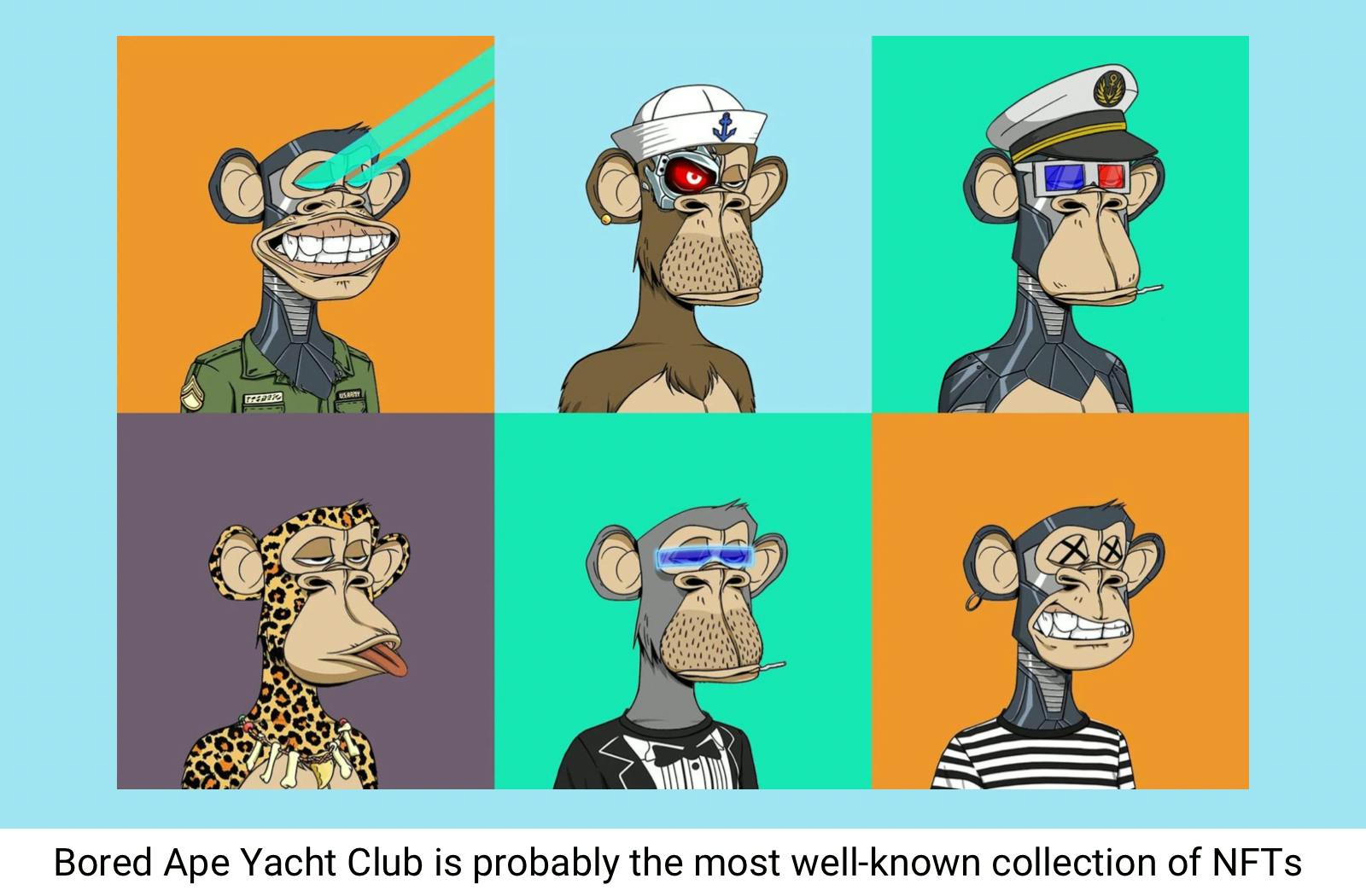
Web3 technologies like these could be a huge step forward for the creative industry, and will allow artists to finally take control of their work and get paid directly.
Better Communities
A DAO, or a “Decentralized Autonomous Organization,” is a community-led entity that uses smart contracts to establish the rules by which it operates. While the concept of a DAO has been around for a while, the rise of Web3 technologies has made it easier than ever to set up and run a DAO.
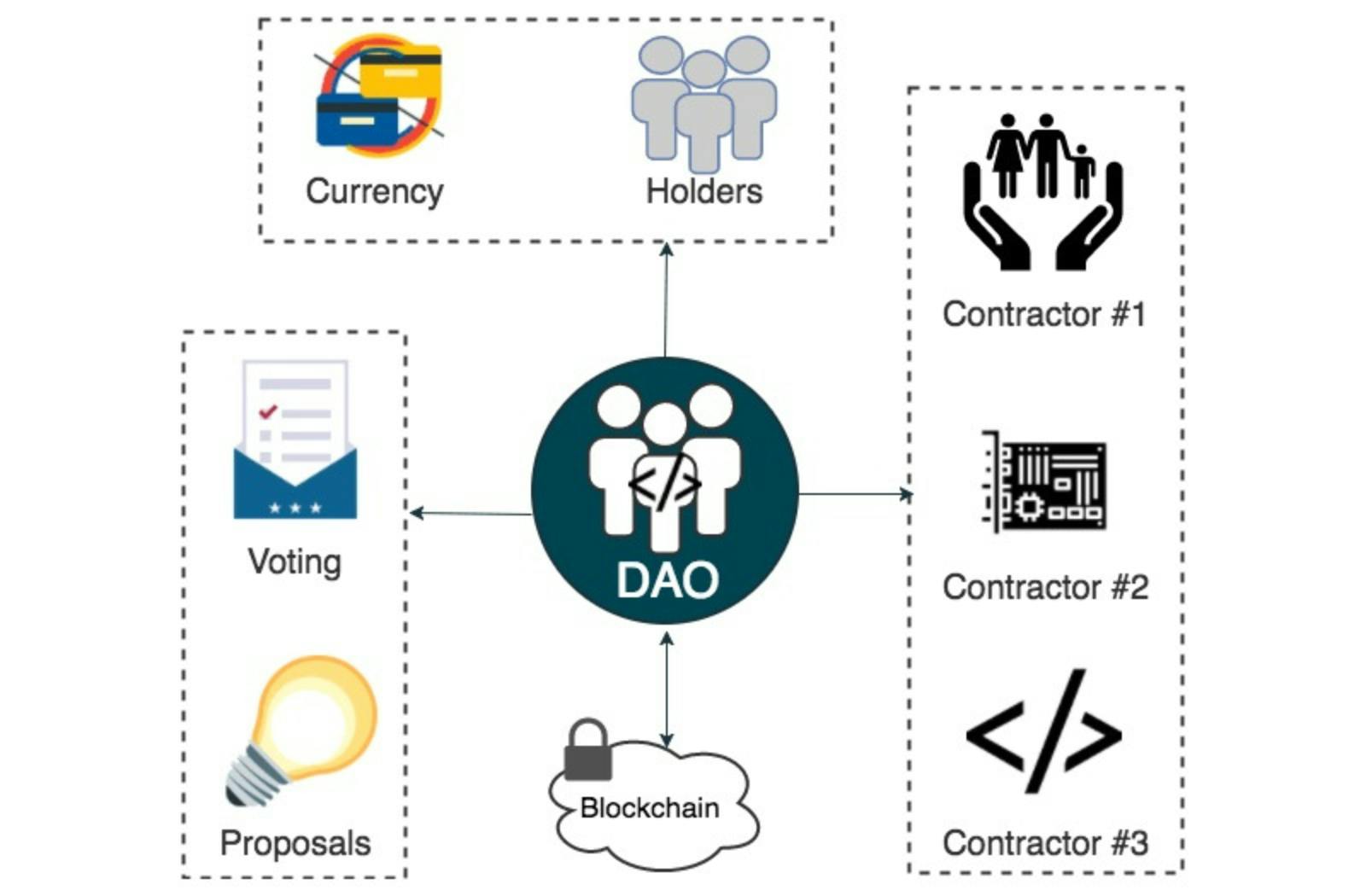
There are now dozens of Ethereum-based DAOs, each with its own unique purpose and governance structure. Some, like MetaCartel, focus on funding Ethereum projects, while others, like MakerDAO, provide financial services. And there are DAOs for just about everything in between, from art and music to education and open source software development.
The beauty of a DAO is that it can be customized to fit the needs of any community. Whether you’re looking to cooperatively own and govern a project, raise funds, or simply connect with like-minded people, there’s a DAO out there for you.
Web 3.0 makes it easy to set up cooperative ownership structures. We can own our data collectively and govern our platforms democratically.
We're Not Quite There, Yet
Even though Web 3.0 has made some incredible progress, it's still not entirely decentralized.
For starters, let's take a look at the currency of the Web3 world, Ethereum. Ethereum is often touted as being decentralized, but the truth is that it's still very much centralized. The vast majority of Ethereum is controlled by a small group of whales who can easily manipulate the market.
The Ethereum Foundation, which is responsible for developing the Ethereum protocol, is at the front of the push toward Web3. And while the Foundation is a nonprofit, it's worth noting that a significant portion of its funding comes from for-profit companies.
Then there's the fact that a lot of the key infrastructure is still centralized. For example, there are only a handful of major exchanges that support Ethereum tokens, and most of them are based in the US or Hong Kong.
There's also the problem of storage: right now, the only way to securely store Ethereum tokens is to use a centralized service like Coinbase or MetaMask. Many dApps still currently use these centralized exchanges to trade tokens.
And then there are the miners. While Ethereum's proof-of-work algorithm is designed to be more widely distributed than Bitcoin's, the reality is that a few large mining pools still control a significant portion of the network's hashing powers.
So, while Web3 is more decentralized than the traditional web experience, it's still not entirely decentralized.
And that's okay! We shouldn't expect perfection. Decentralization is a journey, not just a destination.
Conclusion
Web 3.0 has the potential to drastically change the way we use the internet in our daily lives. It's a way for us to take back control of our data. It's a way for us to build social networks that are secure and censorship-resistant. It's a way for us to support the creators we love, and build a better internet, together.
